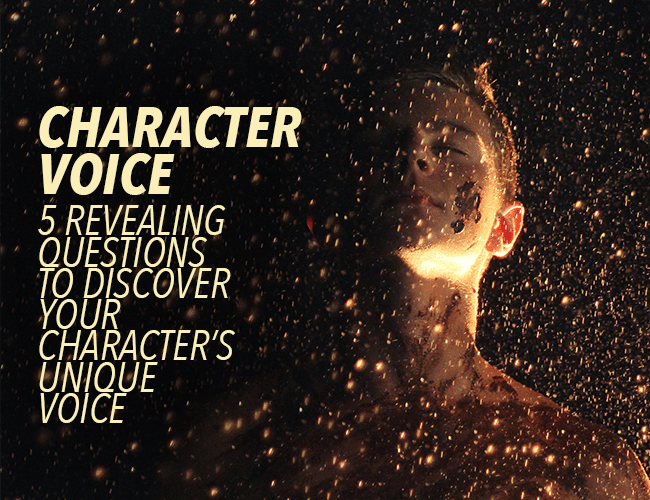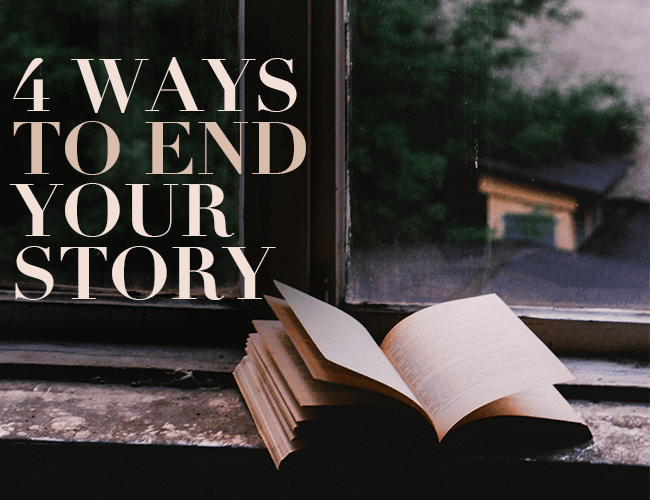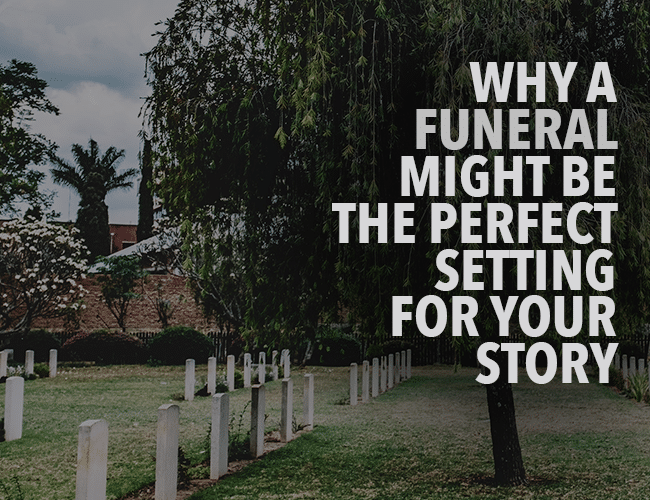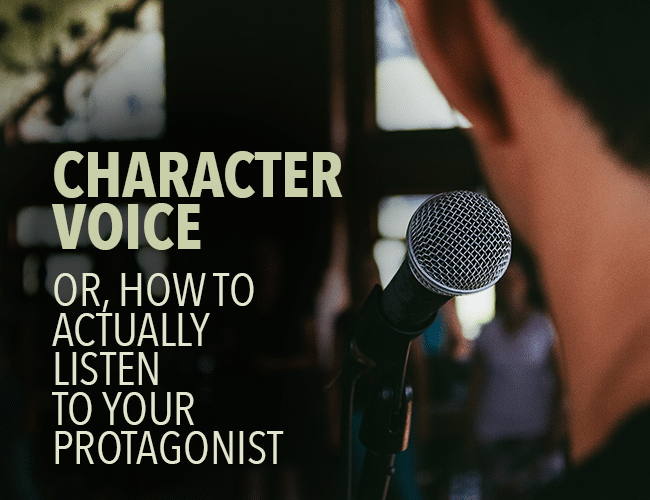
How to Start a Story
This is a question I hear a lot: How do I start my story? The answer is simple, but not easy. Got your diving mask on? Here we go!

This is a question I hear a lot: How do I start my story? The answer is simple, but not easy. Got your diving mask on? Here we go!

One of the key signs of a well-written character is when the reader is able to identify them with a single line of dialogue. It’s that feeling of I’d know that character anywhere. How are authors able to perfect this art? By finding their voice.

Endings are hard. Nobody likes to say goodbye, and saying goodbye in a story is especially hard. The pressure is on to get that last part just right. When there are so many possibilities for a conclusion, how do you know which one is right for your story?

Looking for an opportunity to reveal a character’s true feelings? Need a place where a character can realistically tell the world how they feel in a monologue? Want to give characters an opportunity to discuss what is coming next in your plot?
Funerals provide an excellent setting for all these moments and more.

I’m working through a revision, and one of my main problems is the protagonist. My editor and a beta reader both suggested amping up her emotional appeal, leaving comments such as, “I’m not invested in this character yet” and “I want to care about her, but I don’t in this scene.” Ouch. I’ve created a bland character.
So amping up emotional appeal. Is there a lipstick for that? How do I amp up emotional appeal?

Anyone who has dipped their toes into the world of writing novels knows how crucial character development is to telling strong stories. Plot, setting, and dialogue are necessary building blocks of fiction, but your characters are the foundation that your story is resting on—without dynamic characters, no amount of plot twists, fantastical settings, or authentic dialogue will magically transform into a novel that people want to read.
If the success of your novel is in fact riding on the strength of your characters, you need to know who they are, inside and out. More importantly, you need a character with a strong voice, one that can reveal the emotional depths of your story to the reader.